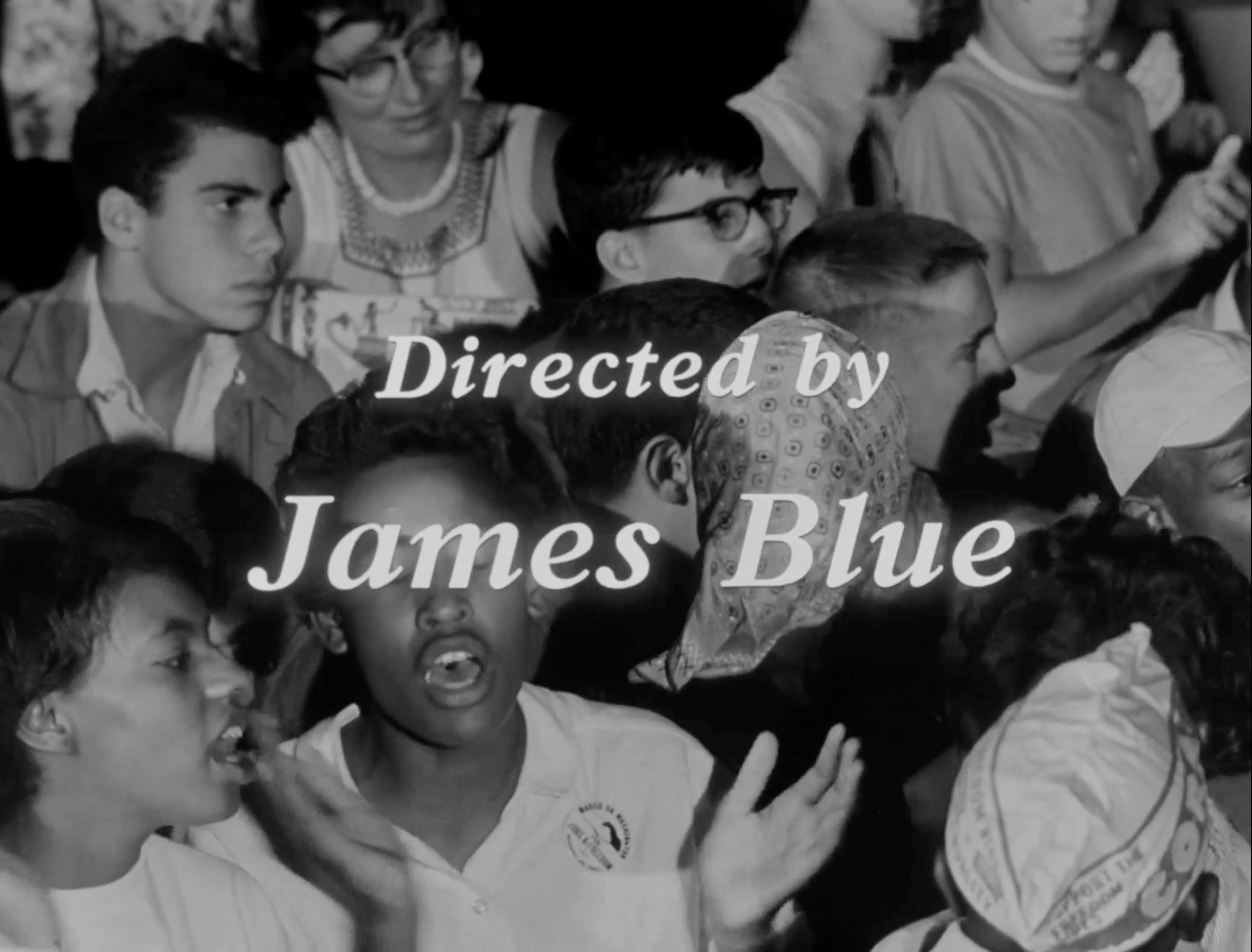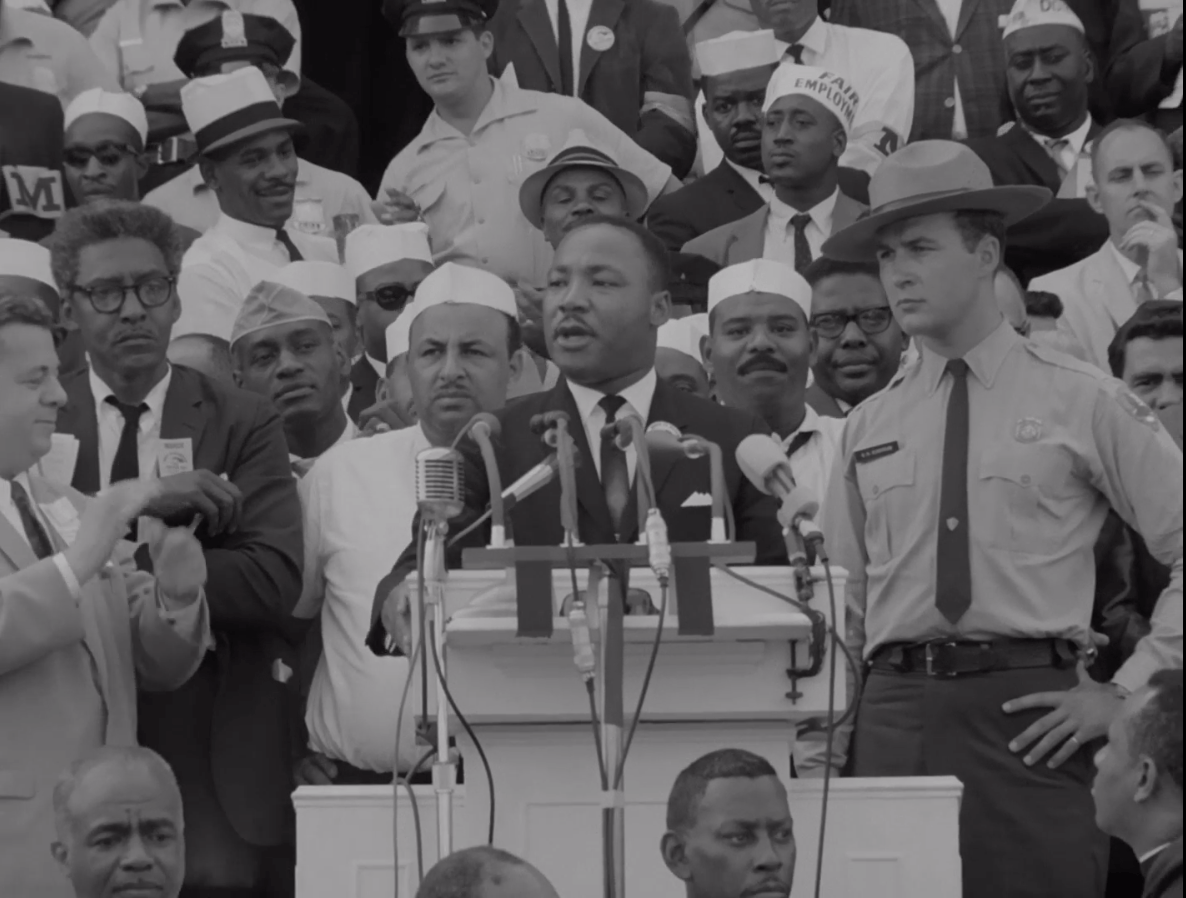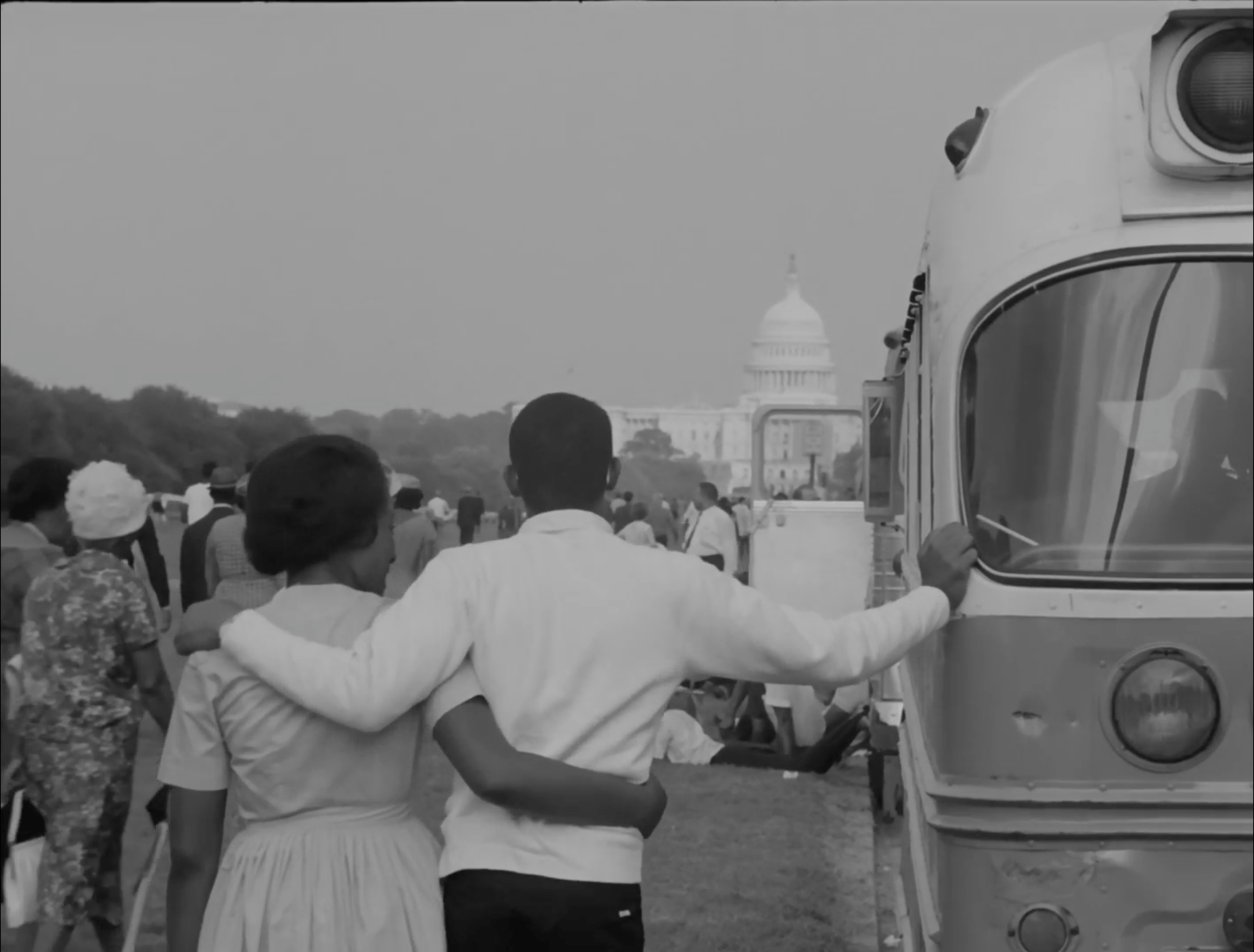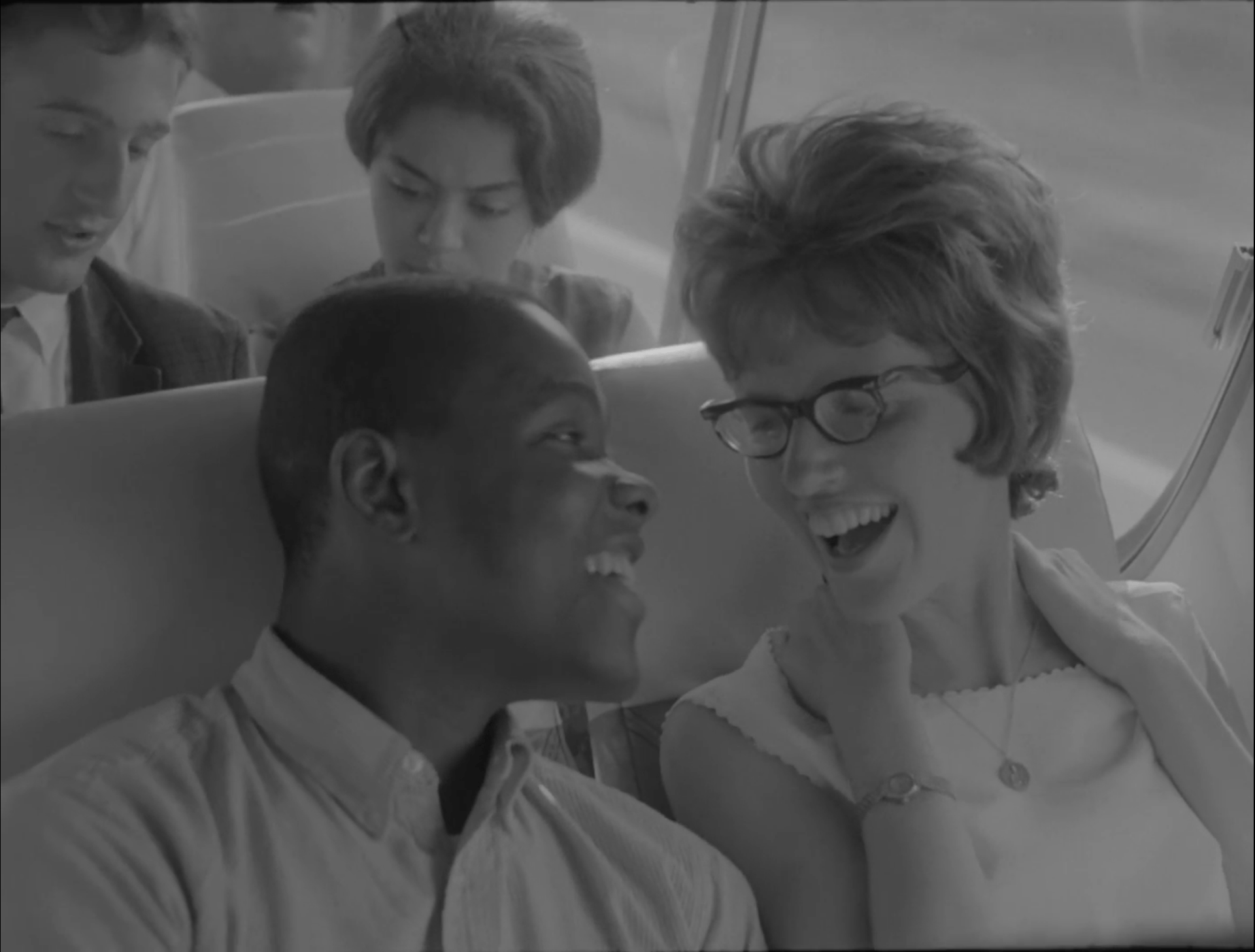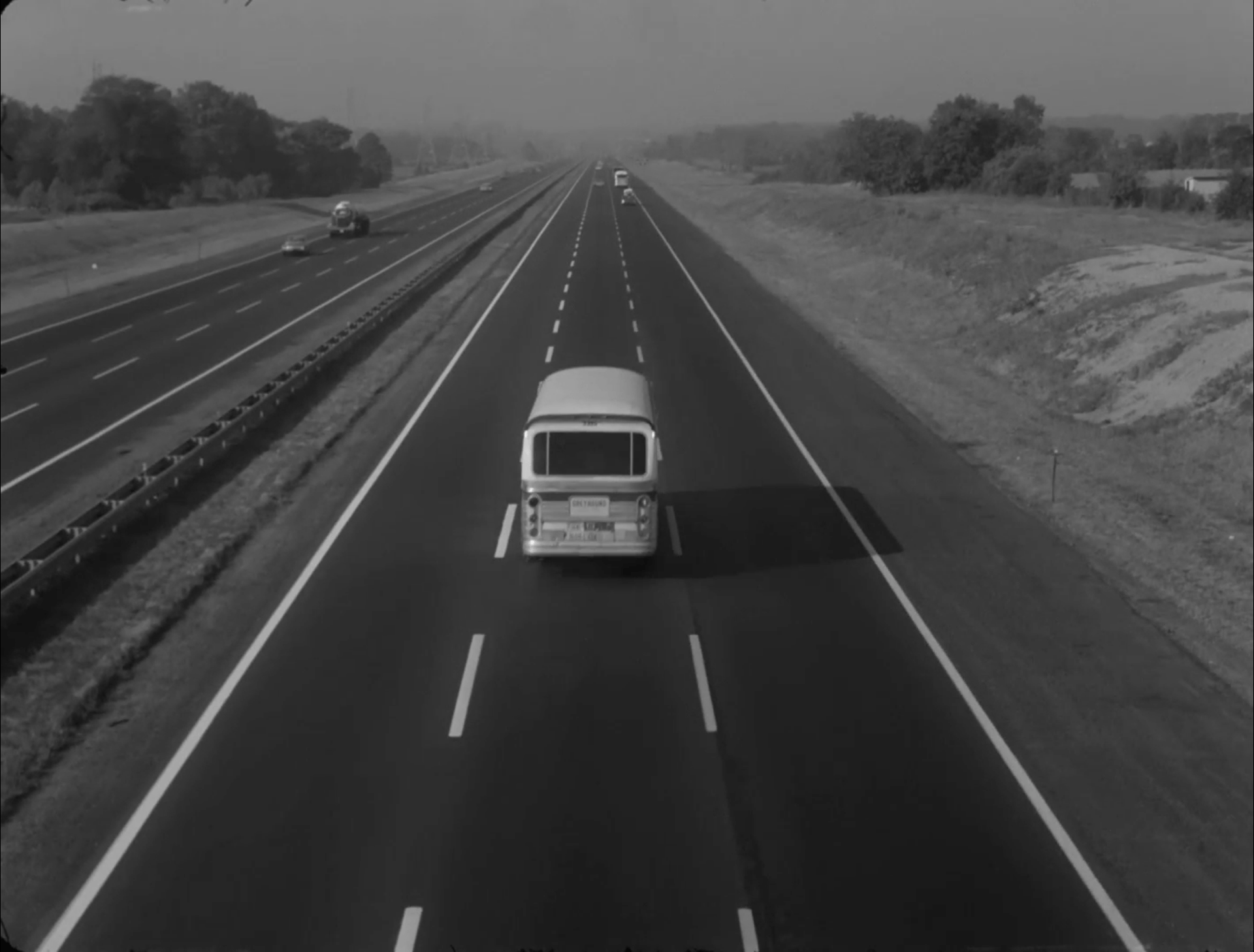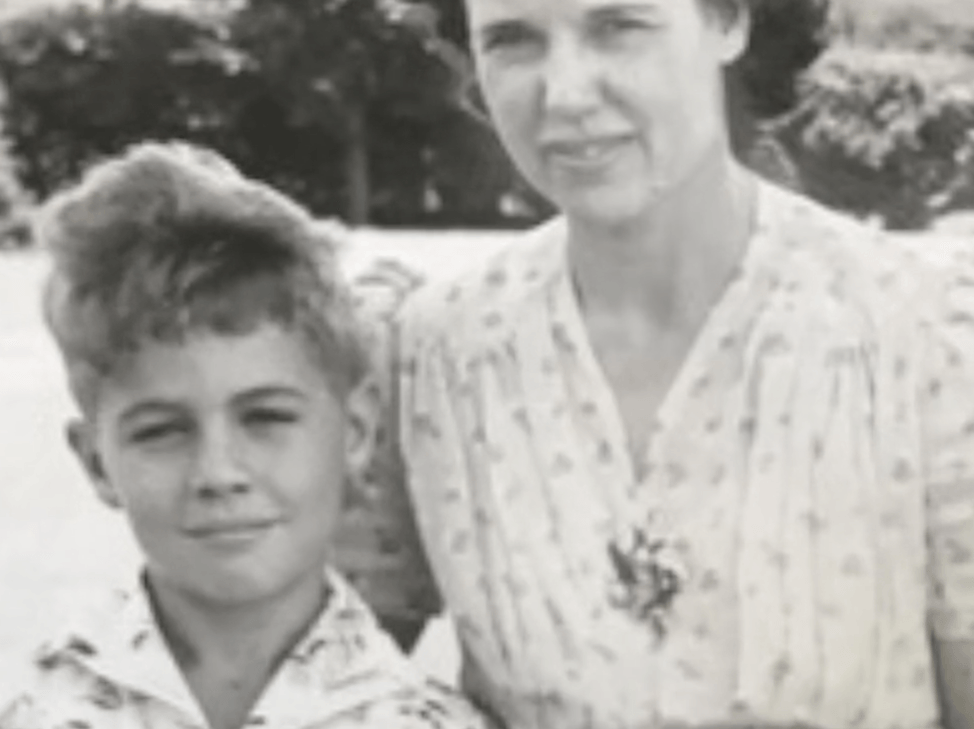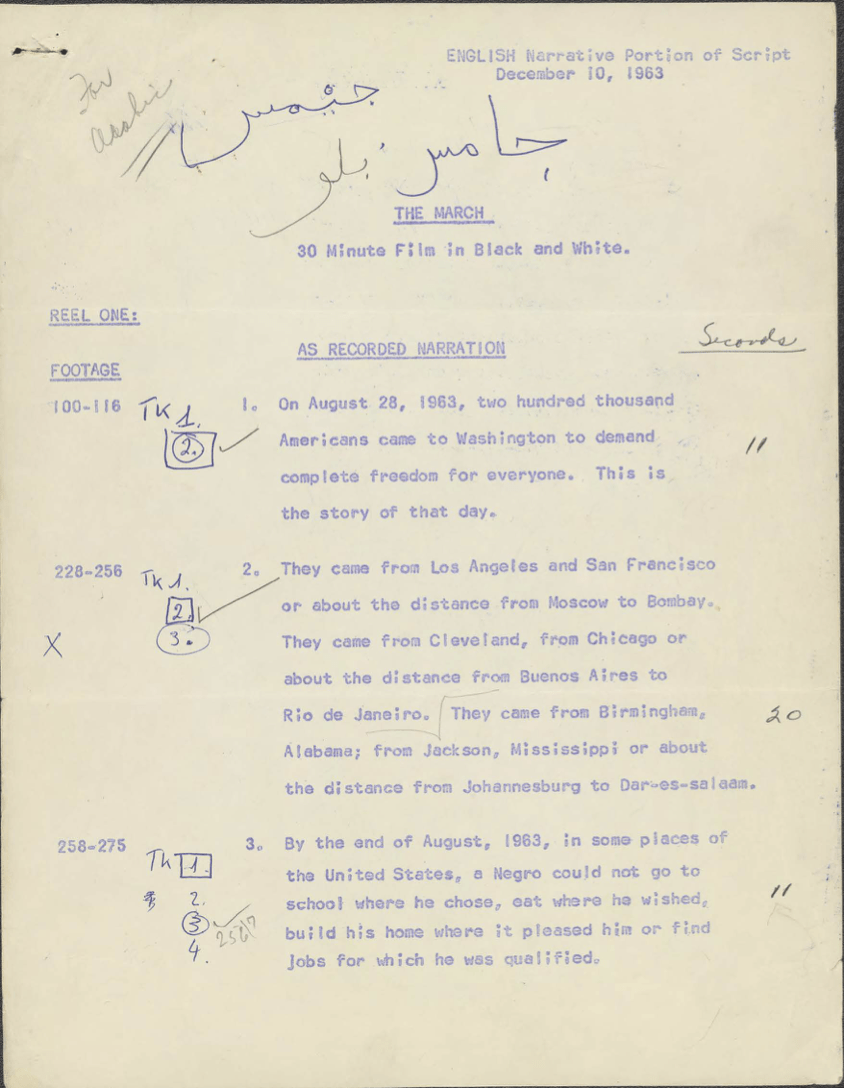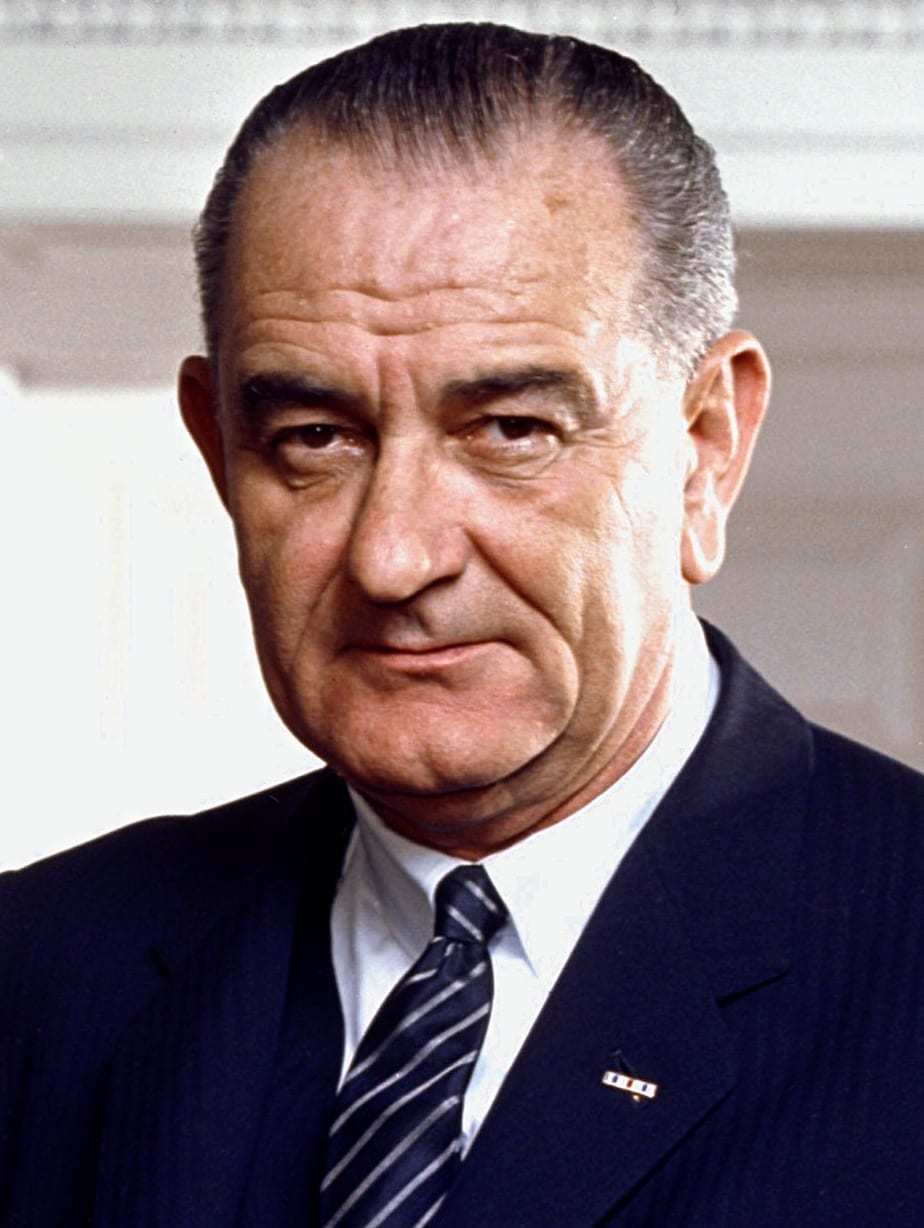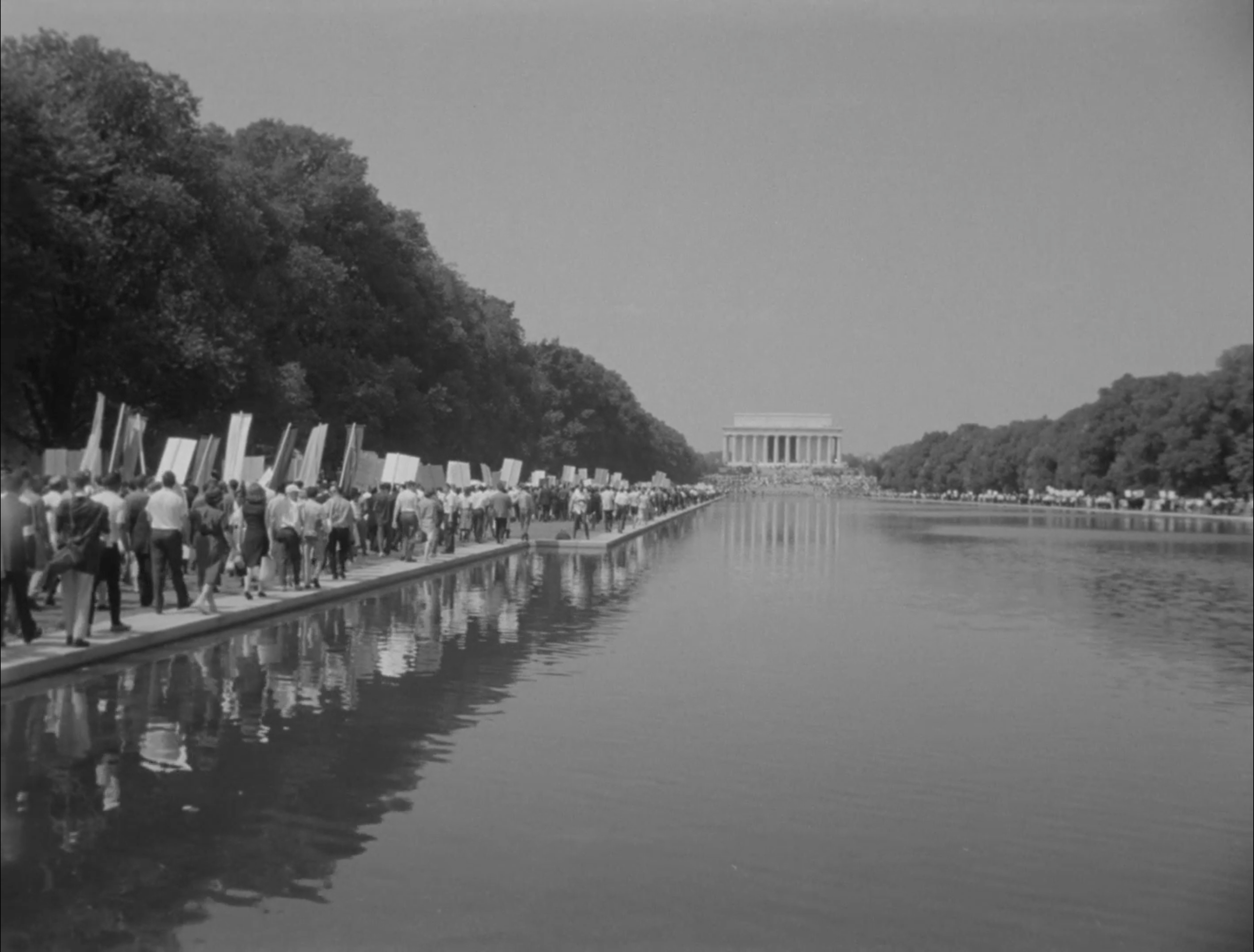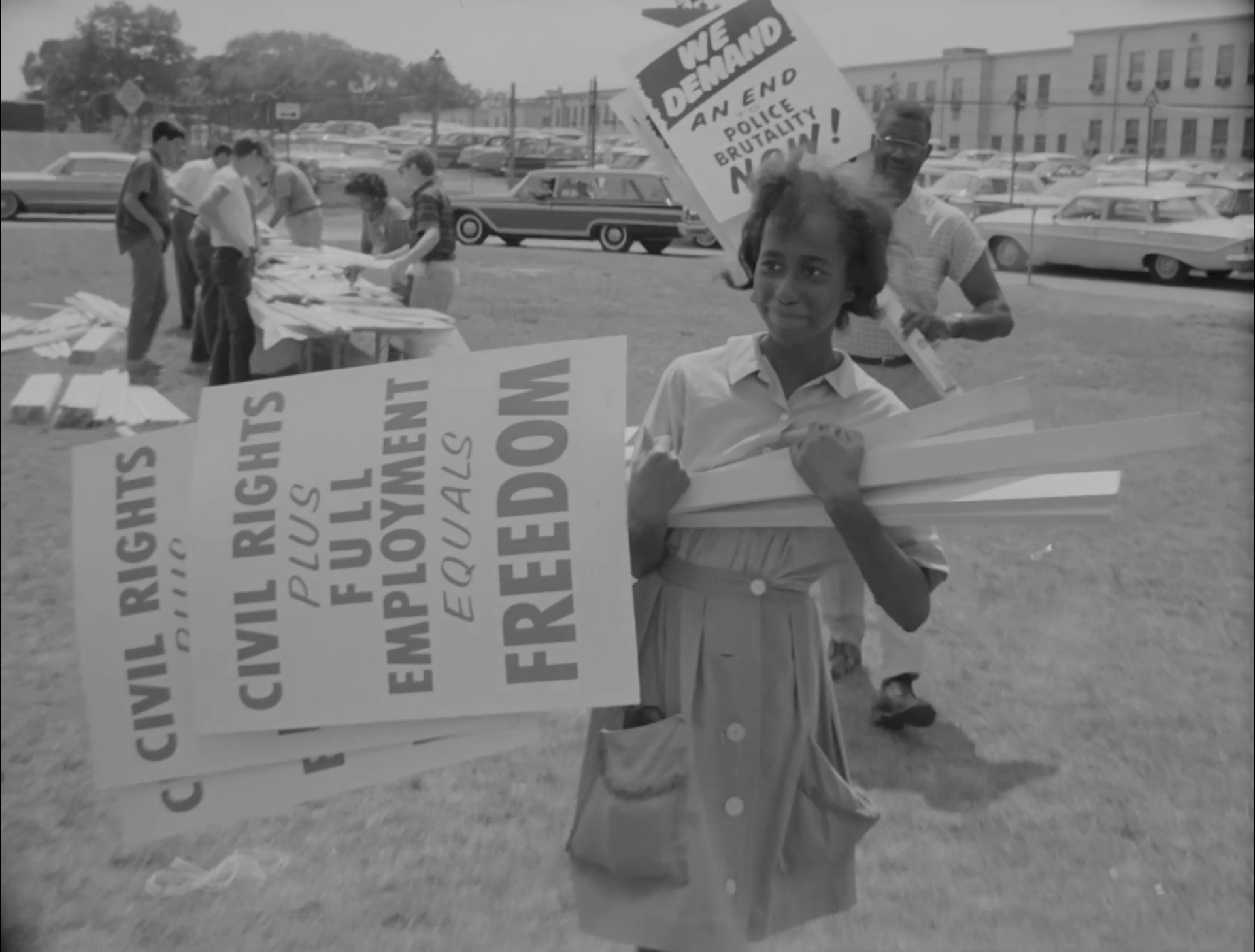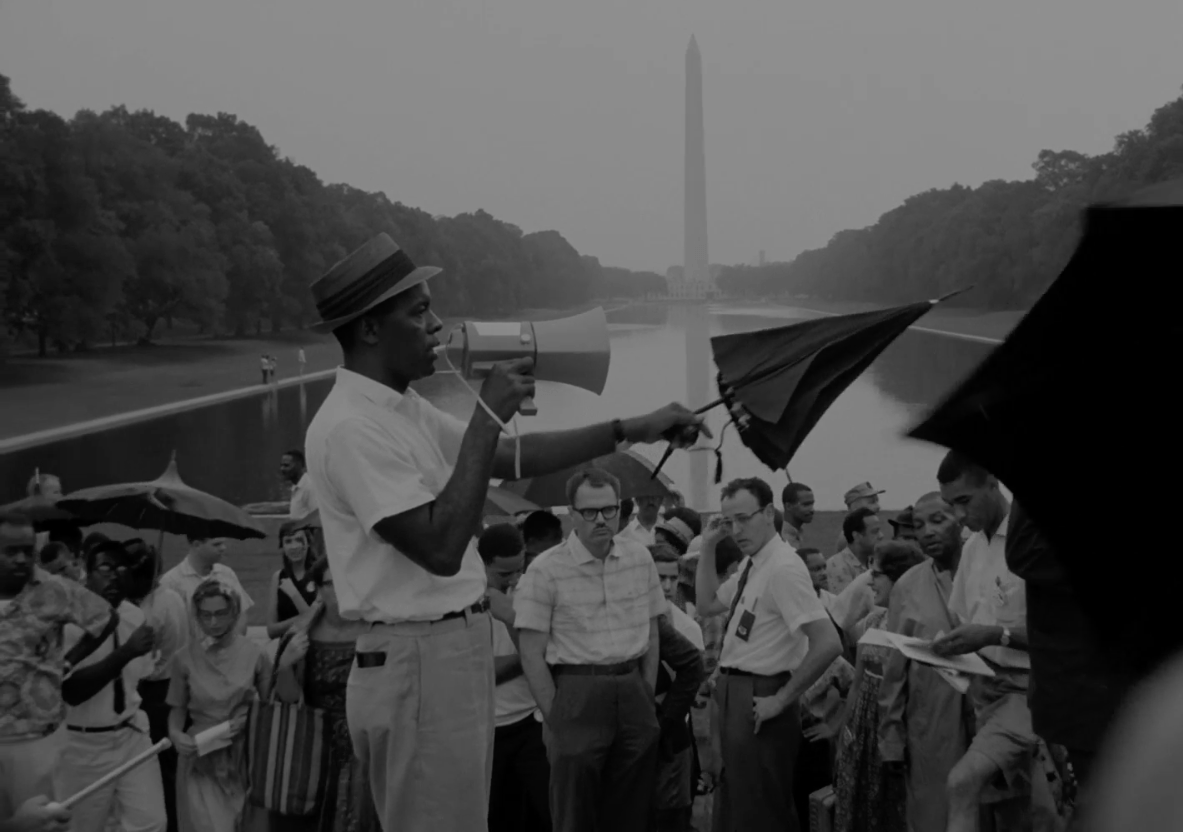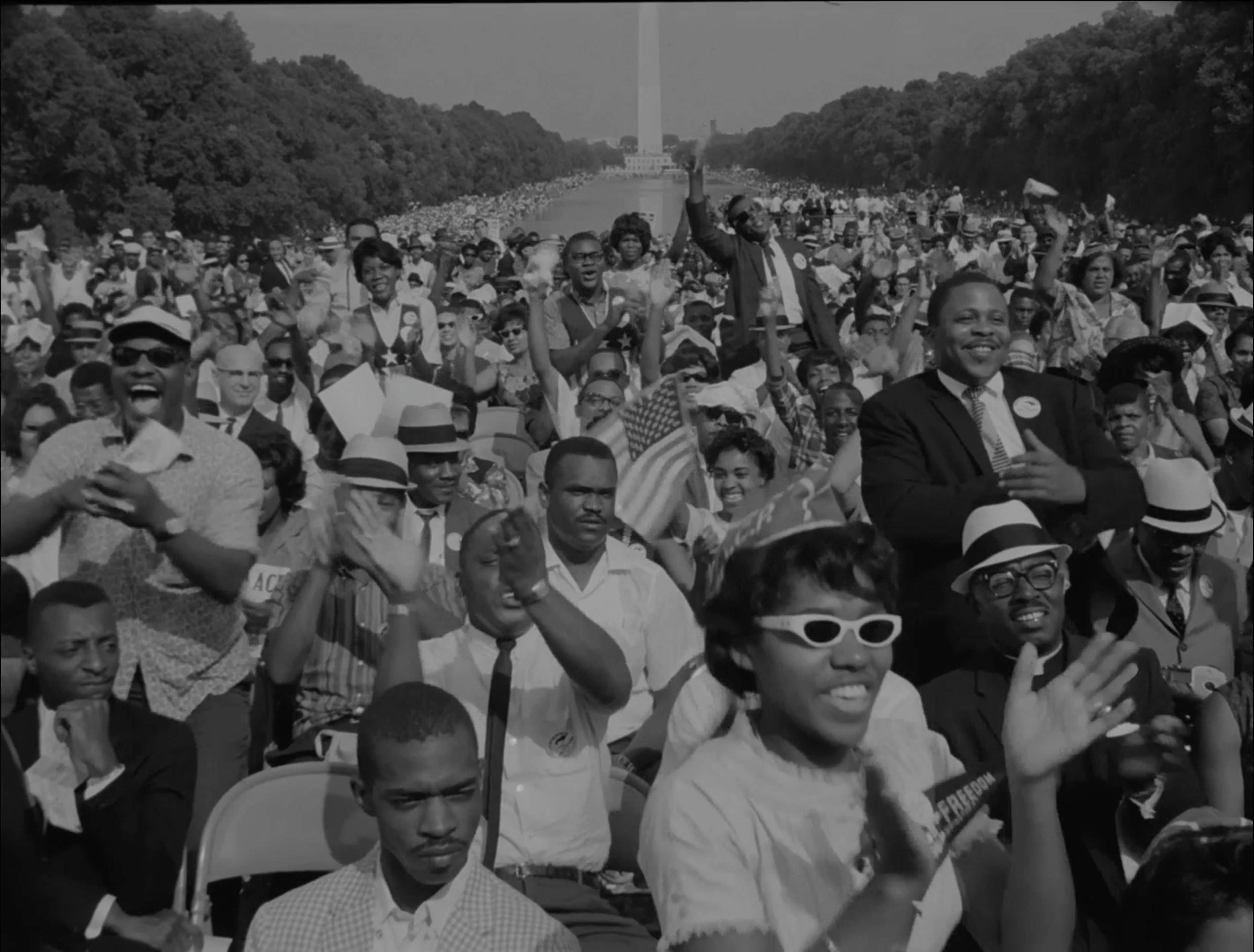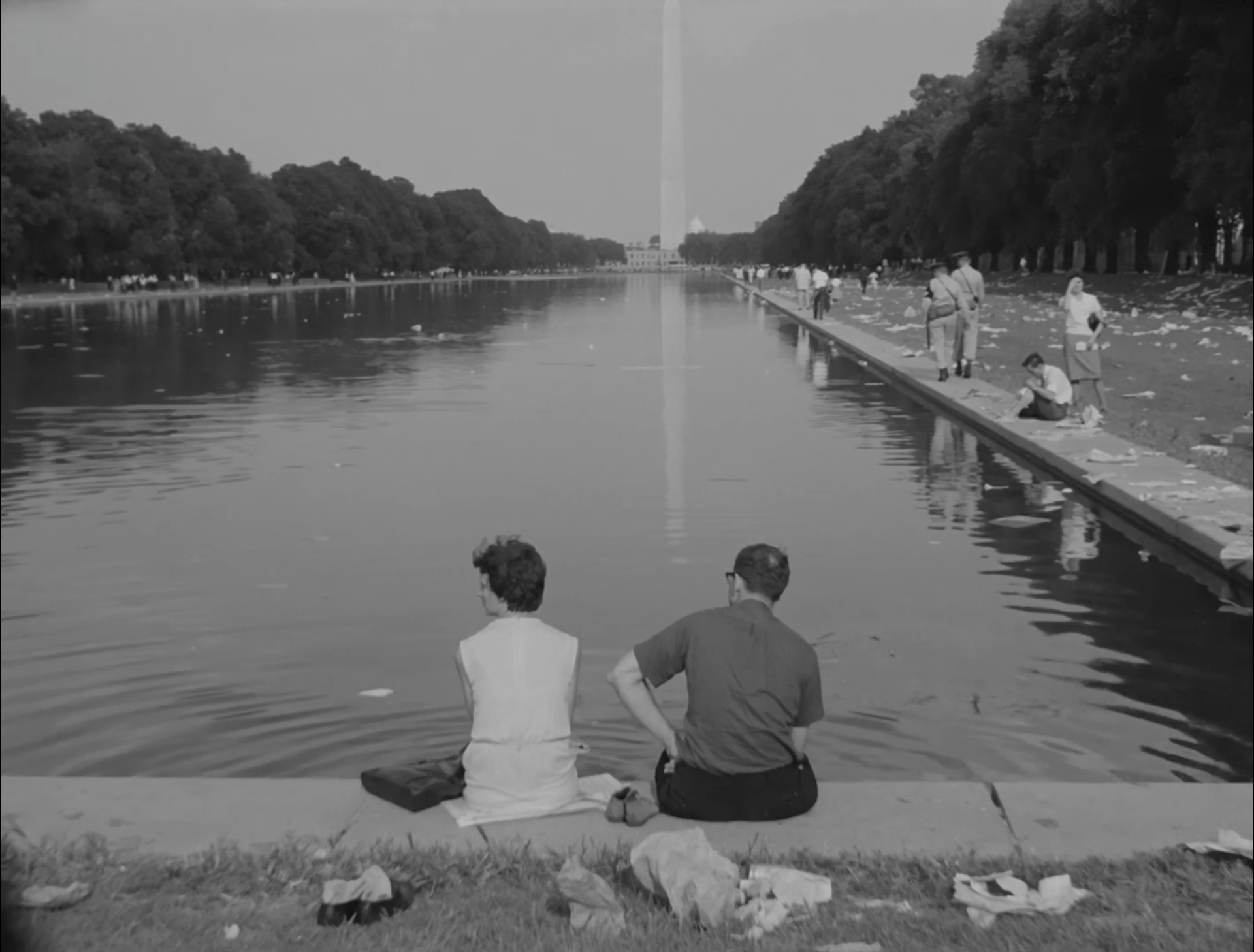James Blue’s
The March at 60
A Documentary Film
James Blue’s Documentary of the August 28, 1963 March on Washington for Jobs and Freedom
The March is an award-winning documentary by filmmaker James Blue (1930-1980) about the March on Washington for Jobs and Freedom in August of 1963. Blue filmed participants as they prepared for the March in their home cities, followed them as they traveled to Washington, and recorded their reactions as they listened for the first time to Rev. Dr. Martin Luther King, Jr.’s iconic speech “I Have A Dream” on the steps of the Lincoln Memorial. Edward R. Murrow once said The March was “the finest argument for peaceful petition of redress of grievance that has ever been put on film.”
This digital exhibition commemorates the 60th anniversary of Blue’s documentary, which captured the spirit and nonviolent discipline of the most effective antiracist action of the 20th century.
Generously sponsored by the Andrew W. Mellon Foundation, this digital exhibit explores James Blue’s The March in its social and historical context. It is designed to help educators teach the long civil rights movement using the film and to offer research materials for journalists, writers, activists, and celebrants of the 60th anniversary of the March on Washington.
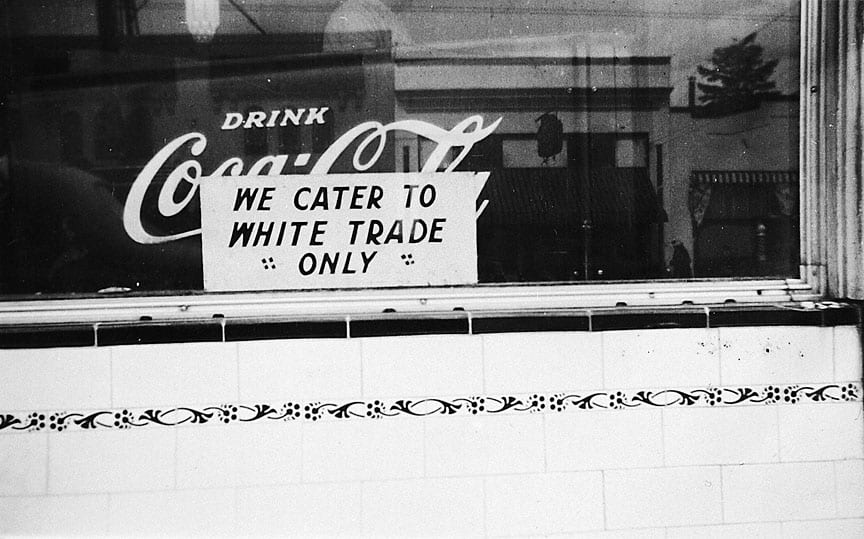
American Nightmare, American Dream
The March, much like Dr. King’s “I Have a Dream” speech, pairs the American nightmare with a dream of a better America.
Image Credit: Oregon Historical Society, Denver Cafe, across the street from the Kenton Theatre in north Portland
Honors & Awards for The March (1964)

First Prize for Youth Short Features at Cannes International Film Festival (1965)
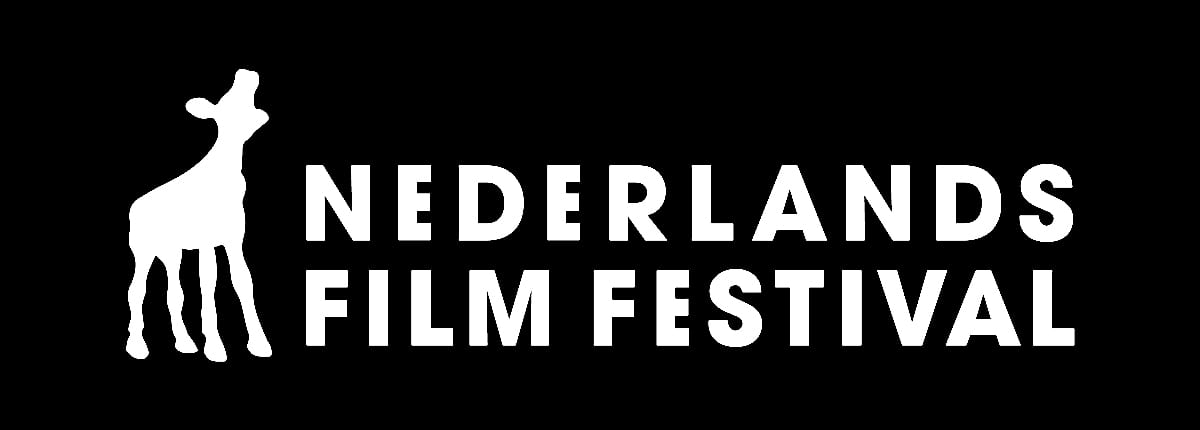
First Prize at the Netherlands Film Festival (1966)

Grand Prize in Documentary at the International Ibero-American and Philippine Film Festival in Bilbao, Spain (1964)

Diploma of Merit at the 14th Melbourne Festival in Australia (1965)
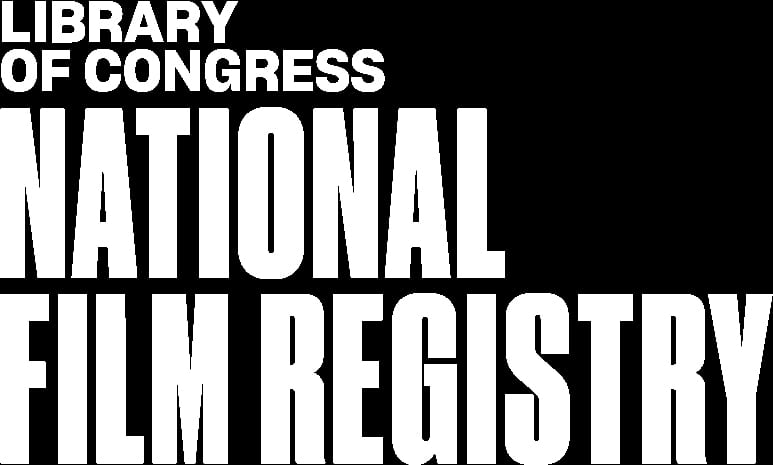
Entered into the National Film Registry by the Library of Congress for its “cultural, historical, and aesthetic importance to American society.” (2008)
Criticism
As Government Propaganda
“However authentic the film would have appeared to most viewers, Blue’s choices of focus told the story of this seminal event from a perspective that highly favoured the US government. Peace, consensus and a sense of progress shone throughout. Conflict, both between the civil rights protestors and the Kennedy administration, and within the civil rights movement itself over goals and tactics, was airbrushed out.”
– Tony Shaw in Hollywood’s Cold War (2007)
As Anti-Government Sentiment
I just understand they took this picture, you know, of this mass demonstration here—March on Washington—and they doctored that up, and they’re showing it all over the world, showing the worst side of America. God, I’m against that sort of propaganda.
– Senator John McClellan to President Lyndon B. Johnson
“I’ve got a real difficult problem [with James Blue’s The March]…. The Attorney General and Averell Harriman saw it last week and started a hell of a roar in Washington about it and said it will destroy us ….”
– President Lyndon Johnson to Roy Wilkins, February 2, 1963
This project features the President’s Cut and the Director’s Cut of the film, as well as an all-new transcript.
President Lyndon Johnson’s Cut (April 1964, 33 minutes)
In response to the President’s call to “rework and reedit” to feature the commitment made by Presidents Kennedy and Johnson to civil rights, Carl Rowan, who succeeded Murrow as the director of the USIA on February 20, 1964, implemented the changes Johnson and Rusk had discussed. In April 1964, he filmed a three-minute introduction in which he declared that Blue’s film illustrated the Kennedy and Johnson administrations’ commitment to freedom. George Stevens Jr. and James Blue opposed this action, but they were overruled. The President’s Cut includes the Rowan three-minute introduction.
New & Regularly Updated!
60th Anniversary Film Screening at the United States National Archives
An August 25, 2023 film screening and discussion of director James Blue’s 1964 film The March, which documented the August 28, 1963 March on Washington for Jobs and Freedom. Speakers include David A. Frank, Professor of Rhetoric at the University of Oregon. The film was produced by the United States Information Agency (USIA).
UCLA Film & Television Archive Anniversary Screening
A September 28, 2023 virtual event featuring a video introduction by Criss Austin (National Archives & Records Administration) and Professor William P. Jones. Q&A with Jones, Prof. David Frank, and producer George Stevens Jr.
Rare interview footage with James Blue on The March
Named in honor of documentarian Robert Flaherty, the 1964 seminar hosts James Blue for a discussion about Olive Trees and The March.
Take James Blue’s class at the Museum of Modern Art on documentary filmmaking and learn more about the other films directed by the man behind The March.
University of Oregon Knight Library 60th Anniversary Exhibit
A special physical exhibit at the University of Oregon’s Knight Library from Summer through Fall 2023 celebrating the anniversary of this important film and the March on Washington for Jobs and Freedom.
Digital Exhibit
This digital exhibition has been designed to offer historical context to James Blue’s The March. Choose topics that interest you, visit each page in order, or check out our curated selections for educators, journalists, 60th anniversary celebrants, writers, and interested citizens.
In this exhibit, you can learn about James Blue’s life and how he prepared to make the film. You can read about how The March and the March on Washington contributed to the broader Civil Rights Movement in the 1960s. And you can learn about how people responded to the film, from journalists in Oregon to President Lyndon B. Johnson in Washington, DC.
Timeline
Learn the six key dates in history that serve as a touchstone for the film.
The Making of James Blue
Learn about the man behind the camera.
LBJ's "Difficult Problem"
Listen to President Lyndon B. Johnson navigate the political issues around The March and the passage of the 1964 Civil Rights Act.
A Field Guide to the Film
Learn about the people, places, and music of The March.
American Racism and Anti-Racism
Learn about the American contradiction at the center of The March: the reality of racism and the promise of racial equality in our founding documents.
Making the March on Washington
Learn how the March on Washington came to be.
One Film, Two Versions
Learn about the different versions of The March and download a new transcript for the film.
Conflicted Legacy
Learn about responses to The March from the federal government, newspaper editorials, film critics, and modern academics.
Teach with The March
Download lesson plans for elementary, secondary, and higher education and find relevant primary sources and exhibit materials to use The March in your classroom.
Write about The March
Find research materials for journalists, columnists, activists, and community organizers celebrating and commemorating the sixtieth anniversary of The March on Washington.
1964 Film Seminar Q & A
Named in honor of documentarian Robert Flaherty, the famous seminar hosts James Blue for a discussion about Olive Trees and The March.
Learn about James Blue
Listen to rare interview footage, take James Blue’s class at the Museum of Modern Art on documentary filmmaking, and learn more about the other films directed by the man behind The March.
